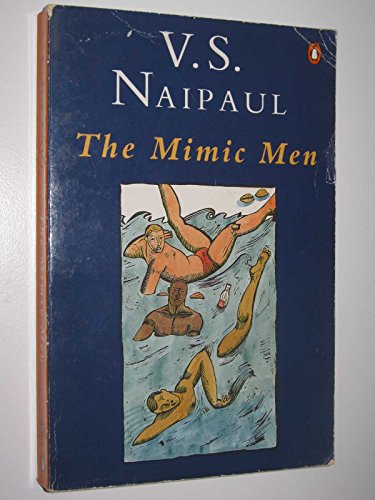
On the surface this is the memoir of a disgraced former
colonial minister, Ralph Singh, exiled from the island country he briefly ruled
and now living in a run-down hotel in London.
But perhaps it’s more accurate to think of this as the trellis upon
which Naipaul has woven a much deeper, much more complex examination of colonialism,
politics, race, society, culture, and human psychology.
I’m struggling to figure out how to characterize a story in
which much happens internally while very little actually occurs externally. One insight that occurs early is that Naipaul
has chosen his narrator well. Singh’s life story provides opportunities to
explore so many complex issues – from his childhood spent navigating a chaos of
adolescent, intellectual, religious, racial and class issues, to his brief
career as a radical politician in which he explores the complex realities of
colonialism and the emptiness and futility of revolutions that arise from anger
and despair, to his “retirement” in exile, which provides the opportunity for
exhaustive self-examination about identity.
Throughout the narrative, however, weaves at least one common theme: the
extent to which a life spent mimicking the values & ambitions of others –
other people, other cultures, other classes, other religions, other economies,
other political systems – can ever be “true” or fulfilling. Can identity ever be wholly organic, or do we
inevitably define ourselves through the perceptions and expectations of
race/class/society/gender we are born into?
In 250 short pages Naipaul packs an almost indescribable
amount of observation and reflection, couched in language that borders on
lyrical at times. Seriously, I was underlining passages almost every paragraph –
beautifully turned phrases, dazzling flashes of insight, deftly observed universal
truths. Which makes for an intense
intellectual experience, but possibly not riveting reading if your aim is entertainment
or distraction. So consider yourself
warned: while this definitely isn’t something you’d want to take with you to
the beach, it will amply reward readers who are willing to devote to it the
time and reflection it deserves.
No comments:
Post a Comment